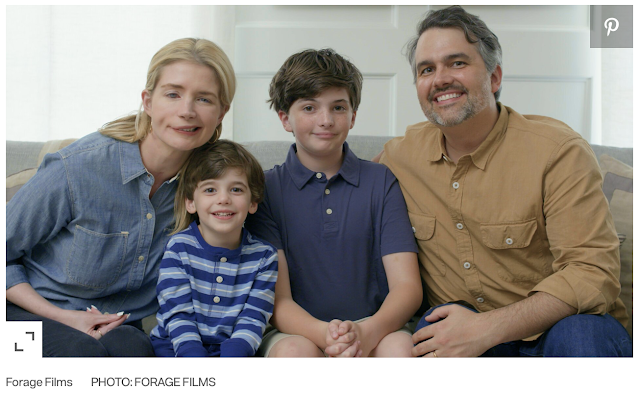Health Literacy
Professor Flick's presentation on health literacy was widely informative. I learned about the social determinants of health, consisting of a person's genetic, lifestyle, social, and environmental factors. We as OT practitioners must be aware that everyone has different access to resources - like Professor Flick said, some people only have a corner gas station to buy "groceries" from, and they miss the fresh fruits and vegetables that a Kroger or Walmart has. When it comes to health literacy, I was shocked to watch the video of the people talking and trying to understand their diagnoses/medications. It was heartbreaking to hear that a man thought "hypertension" meant just being hyper and "jumpy", and a woman was too embarrassed to ask what some questions meant on her paperwork. This video made me aware that health literacy is incredibly necessary. Sometimes it's easy to be stuck in my own bubble, thinking everyone in the world can read to understand, since the only people I interact with on a daily basis have all graduated high school and/or college. This video reminded me that I cannot get stuck in this way of thinking, especially as a future OT practitioner. In addition, I did not realize that the United States was behind many other countries in terms of health care quality, and this was one of the reasons that the IHI implemented the "Triple Aim." It was especially appalling, but understandable, that OTs must "earn" their reimbursement according to certain goals met and according to intervention notes. Finally, hearing Professor Flick talk about Haitian occupational deprivation, apartheid, and alienation broke my heart. The fact that some Haitian families sell their children into slavery just to know they'll actually be fed is just awful. However, it was uplifting to hear Professor Flick say, "We have to really understand what can make people vulnerable to their health being impacted, and what we as OTs can do about it." This is motivating to hear, knowing OTs can certainly play a large part in advancing public health and health literacy for populations.

Comments
Post a Comment